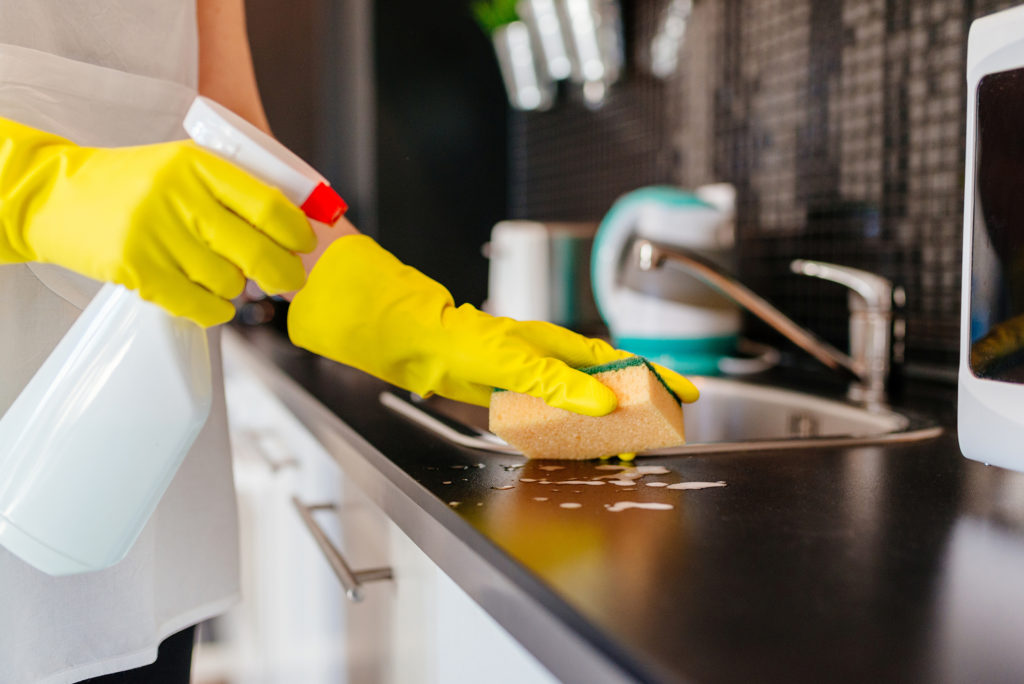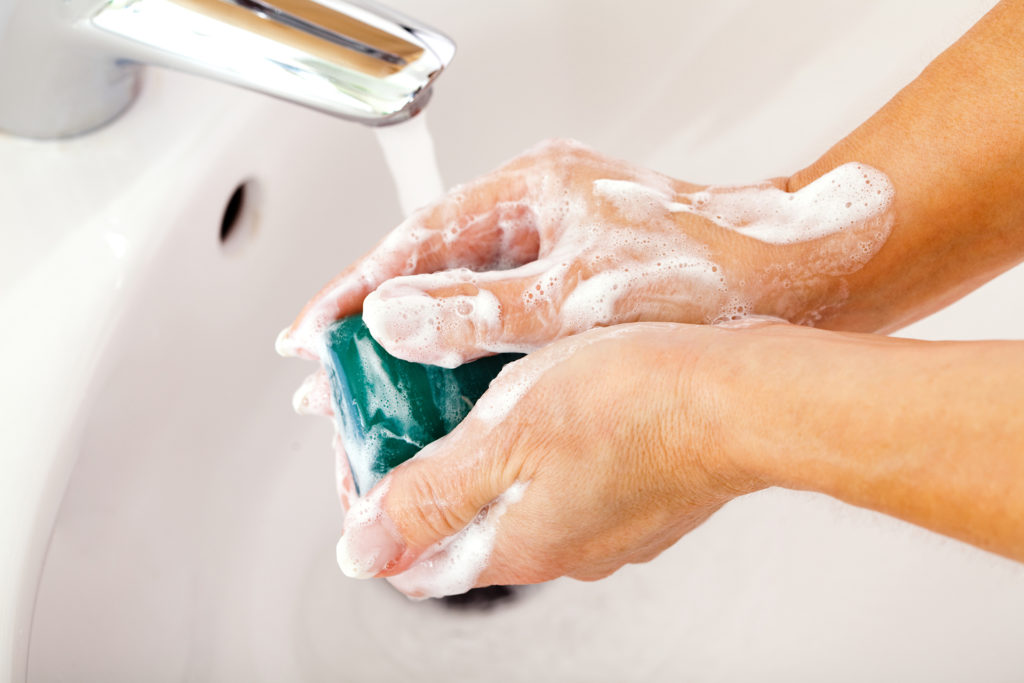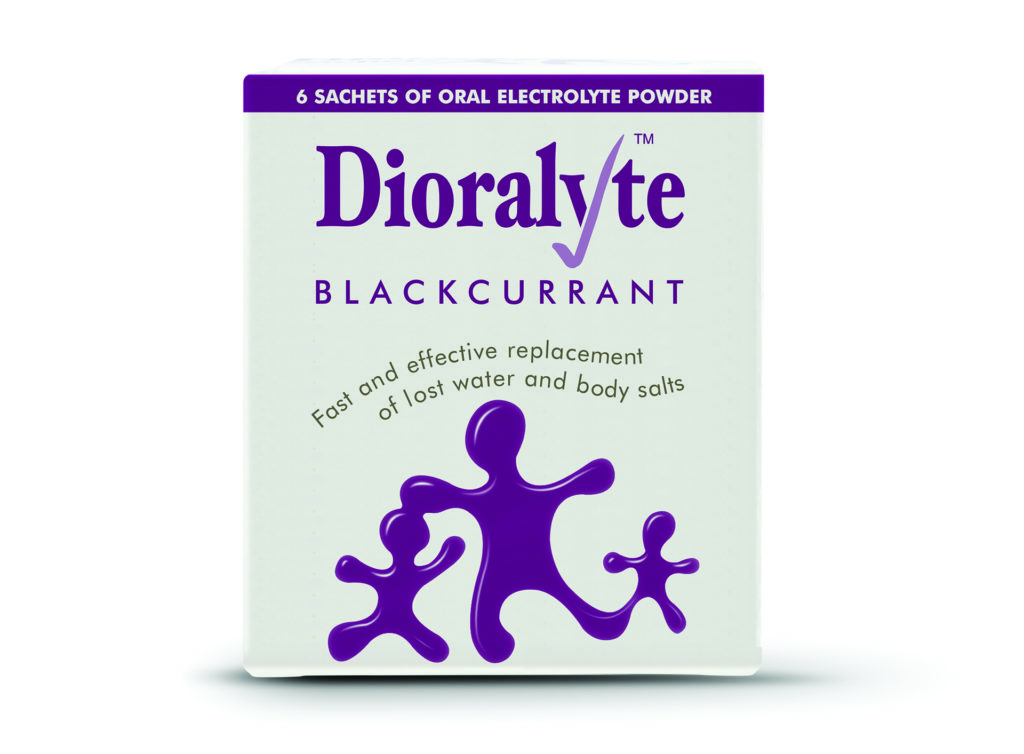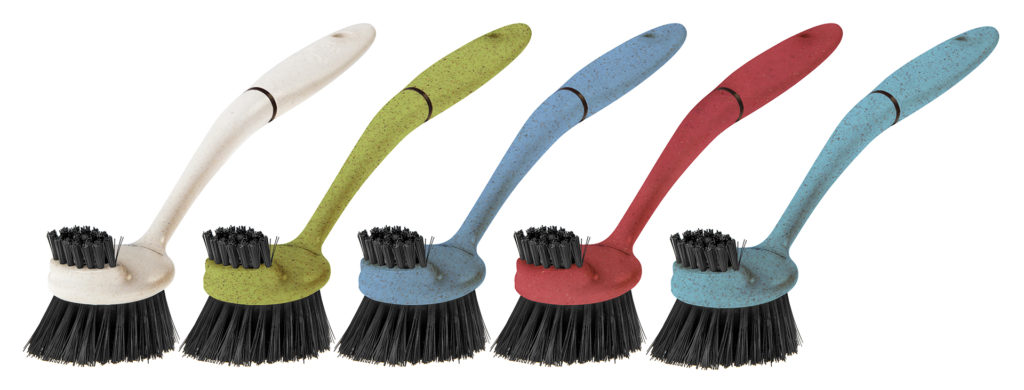Fight Back Against Norovirus!
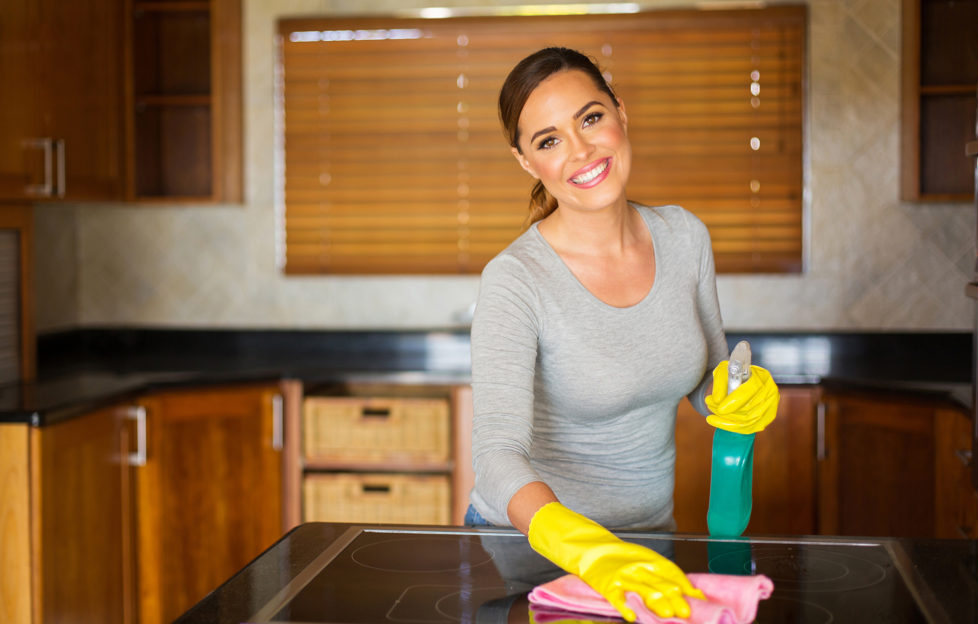
By Dr Daniel Quemby
Is there any reason to suggest the outbreak of norovirus may be big this year?
“Norovirus is the leading cause of acute gastroenteritis outbreaks worldwide with around 600,000 to 1 million people getting norovirus every year. It is more common in the winter months but can actually occur at any time of year.”
“It’s difficult to estimate how it will spread as the genetic code of the norovirus is able to recombine and mutate. New variants can emerge to become the dominant strains in a certain period, which our immune systems do not recognise, therefore norovirus infections are difficult to prevent and control.”
What contributes to the spread of norovirus?
“Norovirus is the most common cause of viral gastroenteritis and is spread through:
- contact with an infected person
- consuming food or water contaminated with the virus
- contact with surfaces or objects contaminated with virus
- swallowing the virus in the air after someone has vomited, as the virus can become airborne for a while in this instance
- consuming raw or undercooked food (particularly shellfish which can be contaminated with raw sewage)”
“Outbreaks are more common where people are confined in close proximity to each other, such as in nurseries, schools, care homes, hospitals and cruise ships. These outbreaks tend to occur more in the winter months when we are shut in doors with the heating on, poor ventilation and our immune systems may be reduced.”
Why does norovirus spread more in winter/colder weather?
“Norovirus tends to be more common in the winter months but it can occur at any time of the year. It tends to occur more in winter because people are indoors, in closer proximity with each other which makes it easier for the virus to spread person to person. Also, in the winter our immune system may be weaker.”
How can you best prevent yourself catching norovirus?
“You can’t always avoid getting it, but good hygiene can help to prevent the virus spreading.”
“My tips to help avoid it are:
- Always wash your hands thoroughly with soap and water after using the toilet and before handling or eating food. Soap and water is much more effective against these viruses than alcohol gel.
- Avoid visiting someone who is suffering from gastroenteritis, and if you can’t, make sure to wash your hands with soap and water before you leave their house.”
“If you have it yourself, avoid spreading the infection to others by:
- Avoiding direct contact with other people until at least 48 hours after your symptoms have gone. You may still be contagious, even though you no longer have sickness or diarrhoea!
- Flush away any infected faeces or vomit in the toilet and clean the surrounding toilet area at home.
- Clean and disinfect surfaces in bathrooms, kitchens and other areas that may be contaminated. Bleach-based household cleaners are most effective.
- Do not share towels and flannels with others.
- Wash any clothing or bedding that could have become contaminated with the virus separately from uncontaminated items, using a hot wash to ensure the virus is killed.
- Avoid visiting hospitals if you have had the typical symptoms of viral gastroenteritis in the past 72 hours. Norovirus is more serious and even more easily spread among people who are already ill.
- Avoid contaminating food by practising good food hygiene – wash your hands after visiting the bathroom and before cooking, keep kitchen surfaces clean and ensure food is prepared properly and not cross-contaminated before cooking. Chopping boards are a breeding ground for germs!”
Is there a way to aid recovery from norovirus symptoms?
“If you’ve been suffering from diarrhoea, water alone is not always enough. While it can help you to rehydrate, it does not replace the essential salts lost through diarrhoea. Take an oral rehydration therapy to replace lost salts to help your body rehydrate and recover faster.”
How long does norovirus take to work its way out of your system?
“You are contagious whilst you are showing symptoms of norovirus gastroenteritis, as well as for 48 hours after your symptoms have resolved. If you are showing signs of recovery but are within this 48 hour period after symptoms have resolved, you are potentially still contagious so should still practise the preventions above.”
How do you know when you’re no longer contagious?
“Once symptoms have subsided, you are still considered contagious for 48 hours after this.”
“Also, avoid visiting any hospitals, care homes or GP surgeries if you have had the typical symptoms of viral gastroenteritis in the past 72 hours because Norovirus can easily spread among people who are already ill and is more serious.”
Dioralyte is the number one selling rehydration brand, providing fast and effective treatment of fluid and electrolyte loss associated with acute diarrhoea. The ingredients in Dioralyte (glucose and mineral salts), are scientifically balanced to promote absorption of fluids and electrolytes – just what the body needs to rehydrate.
Dioralyte is suitable for adults and children of all ages, however infants under the age of 2 years with diarrhoea should be seen by a medical practitioner as soon as possible. Always read the label. Dioralyte is available in blackcurrant, natural and citrus flavour, priced at £3.86 for six sachets and is available from pharmacies and supermarkets nationwide.
*Please note that Dr Daniel Quemby Does Not Endorse Medicines.
To help you clean . . .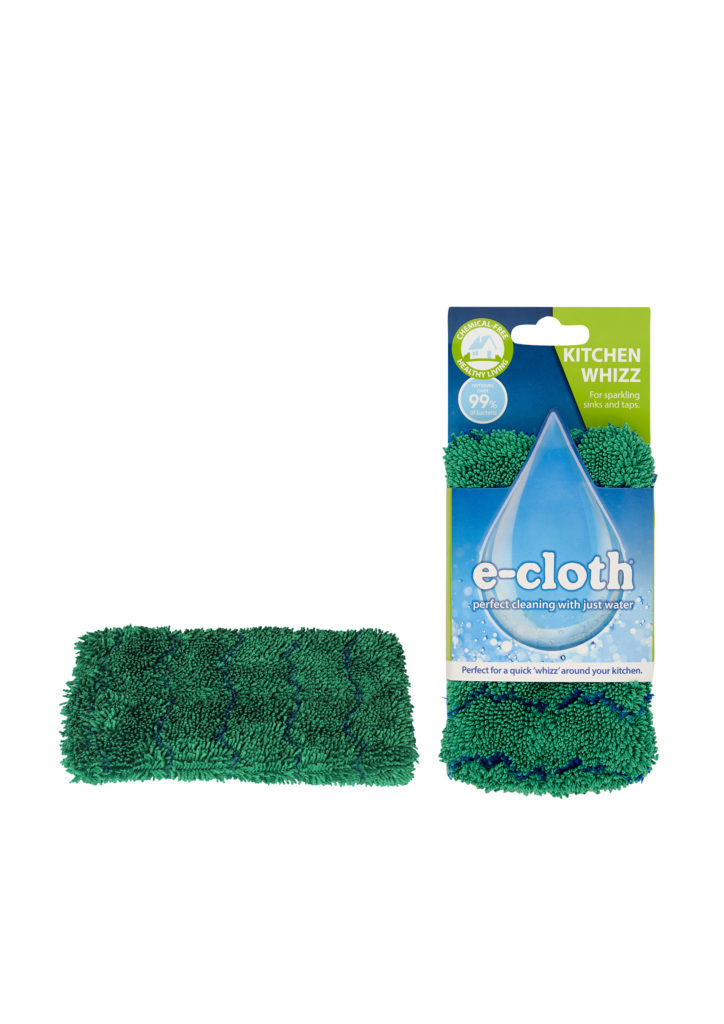
Conquer dirt, grease and bacteria without using potentially allergy-inducing chemicals with e-cloth’s Kitchen Whizz, £2.99 from John Lewis, Dunelm stores and www.ecloth.com. It has longer fibres to get to those hard-to-reach areas around taps and into corners and scrubbing ‘stripes’ to remove stubborn dirt and residue. e-cloths eliminate the need for costly chemical cleaners, so you save money while protecting the health of your family and the environment.
This versatile Dish Brush, from the GREENER CLEANER® range, is kinder to the environment, being made from 100% recycled material – 60% recycled plastic and 40% wood pulp – helping to reduce single-use plastic. Great for all types of dishes and pans with an extra small precision brush for tough dirt, the Dish Brush, £3.99, is available from www.greenerc.com, Ocado, Fenwicks and Amazon.


